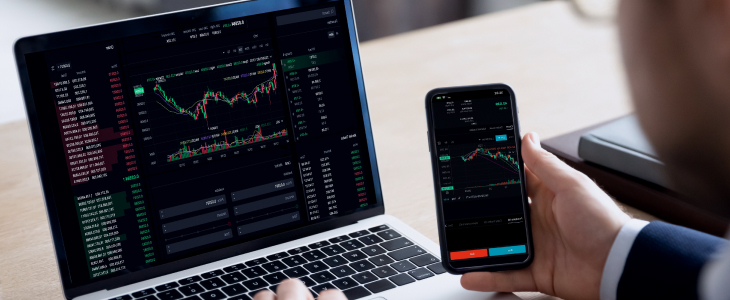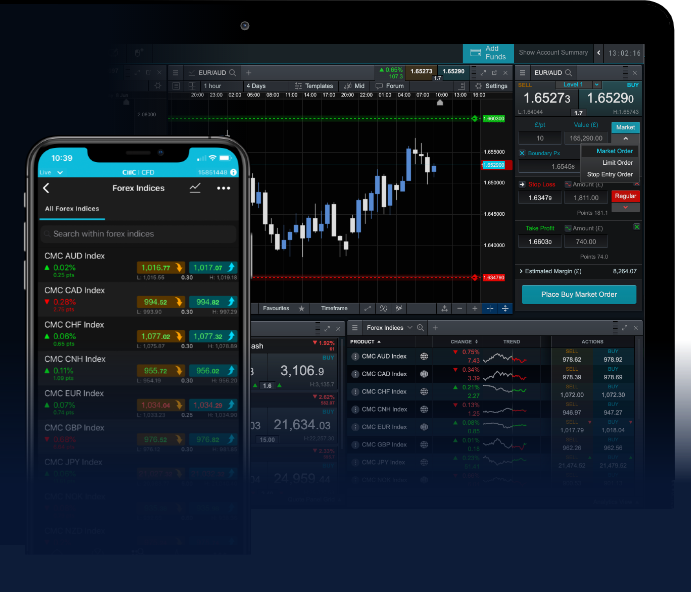trading11
Understanding Pips in Forex Trading A Comprehensive Guide 1568017563

Understanding Pips in Forex Trading: A Comprehensive Guide
In the vast world of Forex trading, the term “pip” is frequently thrown around, yet not everyone fully understands what it represents. A pip, or “percentage in point,” is the smallest price move that can be observed in the Forex market. Its significance cannot be understated, as it plays a crucial role in calculating profits, losses, and managing risk. forex trading pip Best Crypto Apps are also integral to analyzing market movements and helping traders make informed decisions. This article delves into everything you need to know about pips in Forex trading, including their definition, calculation, and impact on your trading strategy.
What is a Pip?
A pip is typically defined as the fourth decimal place in a currency pair’s exchange rate, with the exception of pairs involving the Japanese Yen, where it is represented as the second decimal place. For example, if the EUR/USD currency pair shifts from 1.1100 to 1.1101, that represents a movement of one pip. This may seem trivial, but when leveraged in larger quantities, those small movements can culminate in significant profits or losses.
The Importance of Pips
Understanding pips is essential for Forex traders for several reasons:
- Measuring Profit and Loss: Traders often measure their performance in terms of pips gained or lost. This allows for consistent benchmarking across various trading conditions.
- Risk Management: Calculating how much you risk per trade can also be expressed in pips. By establishing your stop-loss and take-profit levels in terms of pips, you can manage risk more effectively.
- Position Sizing: Traders often use pips to calculate position sizes, ensuring that they only expose themselves to a certain amount of risk per trade.
Calculating Pips
Calculating the value of a pip can depend on various factors, including the currency pair being traded, the position size, and the exchange rate. To illustrate:
Standard Lot Calculation
In standard Forex trading, a standard lot is equal to 100,000 units of currency. For currency pairs where the USD is the second currency (like EUR/USD), a pip is often worth $10 for a standard lot. Therefore:
Pip Value = (0.0001 / Current Exchange Rate) * Lot Size

For example, if you are trading a standard lot of EUR/USD at an exchange rate of 1.1200, the pip value can be calculated as:
Pip Value = (0.0001 / 1.1200) * 100,000 = approximately $8.93
Mini Lot Calculation
A mini lot is 10,000 units, making it crucial for small-scale traders. Here the pip value would be $1 for a currency pair where USD is the second currency. Following the same logic, we have:
Pip Value = (0.0001 / Current Exchange Rate) * Lot Size
For a mini lot of EUR/USD at an exchange rate of 1.1200, it would be:
Pip Value = (0.0001 / 1.1200) * 10,000 = approximately $0.89

Types of Pips
In addition to standard pips, there are two other terms that every Forex trader should be familiar with:
- Fractional Pips: Forex brokers often quote prices using fractional pips, also known as “pipettes.” This means that instead of moving one pip, the market can move in increments of 1/10th of a pip, providing a more precise price point.
- Point: Sometimes, traders refer to the movement of ten pips as a “point.” Understanding the difference is essential when following market terminologies.
Trading Strategies Involving Pips
With the significance of pips established, it’s crucial to recognize how traders incorporate this knowledge into their strategies. Here are a few methods:
Scalping
Scalping is a trading strategy that focuses on making small gains over a short period. Scalpers often target pips with high frequency, making dozens or even hundreds of trades in a single day.
Day Trading
Day traders aim to capitalize on small price movements within a single trading day. Understanding pips allows them to effectively manage their trades and leverage their positions against market oscillations.
Long-term Trading
When engaging in long-term trading, traders need to consider pips for larger price movement contexts. This will often lead to more significant gains or losses over time, providing an overarching perspective to the impact of pips on their positions.
Conclusion
Pips are a fundamental component of Forex trading that directly influence a trader’s strategy, risk management, and overall profitability. By mastering the concept of pips, traders empower themselves to make more informed decisions. Whether you are a novice or an experienced trader, understanding pips will enhance your trading skill set and give you a competitive advantage in the market. As you continue to grow in your trading journey, make sure to keep the calculation and significance of pips at the forefront of your trading strategies.
By recognizing the impact of each pip, you can take control of your trading experience and navigate the Forex landscape more effectively.